

This guide provides comprehensive information on selecting the appropriate gyprock screws for various applications. Learn about different screw types, sizes, and materials, ensuring a successful and professional finish for your drywall installation. We'll cover everything from understanding the different types of gypsum board to selecting the correct screw length and drive type. Choosing the right screw is crucial for achieving a strong, durable, and aesthetically pleasing finish.
The type of gypsum board you're working with significantly impacts your gyprock screws choice. Standard gypsum board, moisture-resistant board, and fire-resistant board all have varying densities and thicknesses, requiring screws designed to provide optimal holding power. Using the incorrect screw can lead to weak fixing, popped screws, or even damage to the board itself. Consider the specific needs of your project when making your selection.
The thickness of the gypsum board dictates the minimum length of the gyprock screws needed for secure fastening. Thicker boards require longer screws to achieve sufficient penetration into the framing. Always consult the manufacturer's specifications for recommended screw lengths for different board thicknesses. Underestimating screw length will result in poor installation.
These are the most common type of gyprock screws, typically used for general drywall installation. They come in various lengths and finishes, often with a self-tapping design for easy installation. The choice often depends on the board thickness and the type of framing being used.
Self-drilling screws have a pointed tip that allows them to pierce the gypsum board without pre-drilling. This saves time and effort, particularly during large-scale projects. However, care is needed to avoid driving them too deeply and damaging the board. They're excellent for applications requiring speed.
Specialty gyprock screws are available for specific applications. For example, screws with a wider head are used for covering larger holes, while those with a finer thread are preferred for applications requiring minimal head protrusion. Consult with a building supplies specialist at a reputable supplier such as Hebei Muyi Import&Export Trading Co.,Ltd for advice on niche projects.
The length of your gyprock screws is critical. Too short, and the screw won't provide adequate holding power. Too long, and the screw might penetrate the framing, potentially damaging it or causing aesthetic issues. A general rule of thumb is to ensure at least 25-30mm of screw penetration into the framing members. Always reference manufacturer recommendations for best results.
The most common drive types are Phillips and Pozidriv. Phillips heads are easily recognized, but Pozidriv heads are less likely to cam out (strip) during installation, making them preferable for professional applications. Consider using a quality screwdriver bit matched to the screw drive to prevent damage.
Gyprock screws are usually made from steel with a variety of finishes, including zinc-plated, phosphate-coated, and stainless steel options. Zinc-plated screws offer good corrosion resistance for most applications, while stainless steel is preferred for exterior or high-humidity environments.
A: While possible in some limited scenarios, it's not recommended. Drywall screws are designed specifically for the material, offering superior holding power and preventing damage to the gypsum board.
A: The number of screws depends on the size of the sheet and the type of framing. Generally, a spacing of 150-200mm is recommended.
| Screw Type | Application | Advantages | Disadvantages |
|---|---|---|---|
| Standard Drywall Screws | General drywall installation | Cost-effective, readily available | May require pre-drilling in some cases |
| Self-Drilling Screws | Fast installation, thick boards | Saves time, no pre-drilling needed | Can be more expensive, potential for damage if not used correctly |
Remember to always consult the manufacturer's instructions for specific recommendations on screw selection and installation techniques. Choosing the correct gyprock screws is crucial for a professional, durable, and long-lasting drywall finish. For further assistance, consult with a specialist at your local building supplies store.

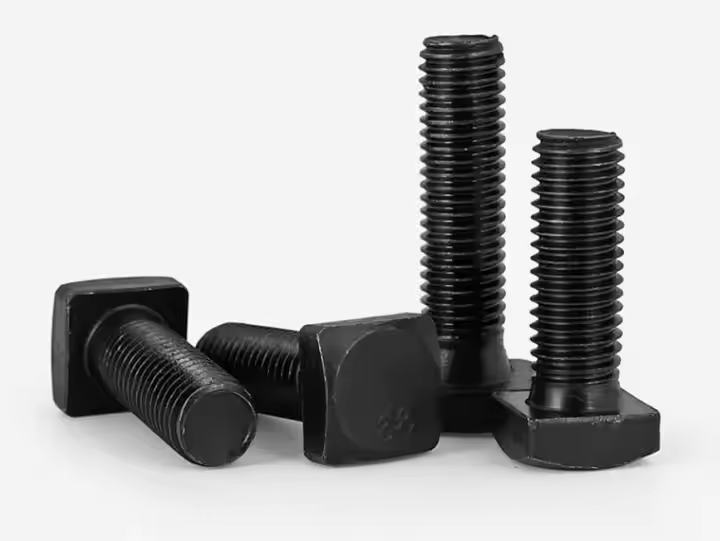

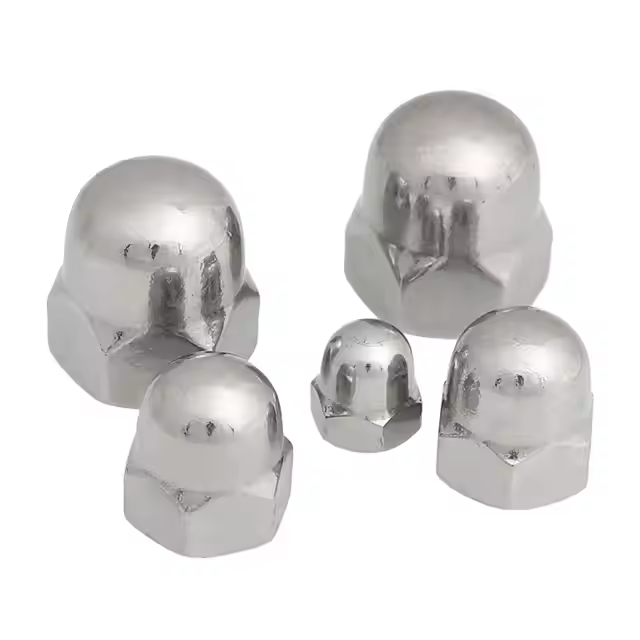


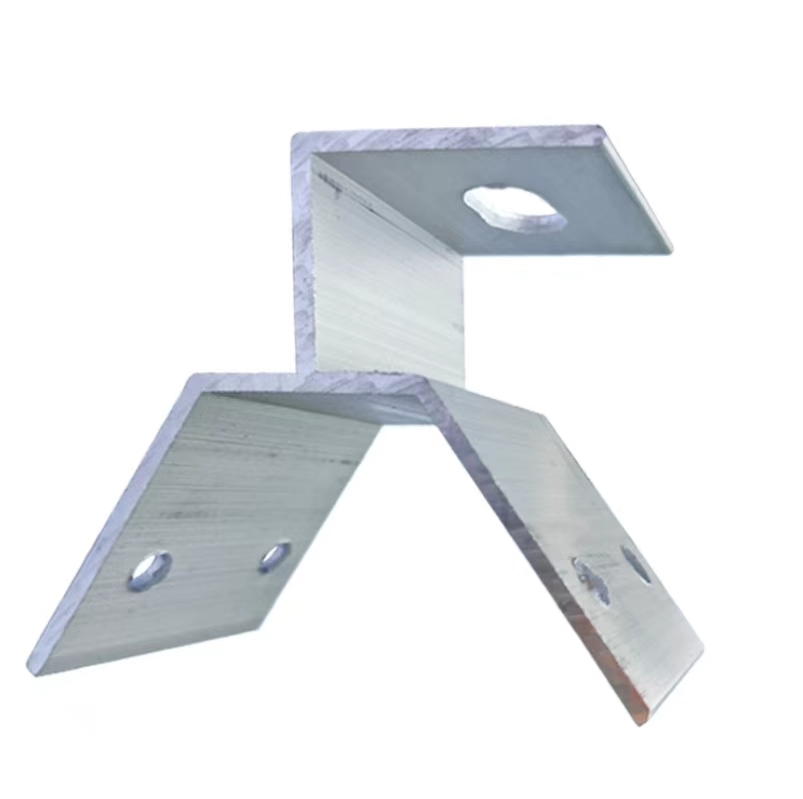
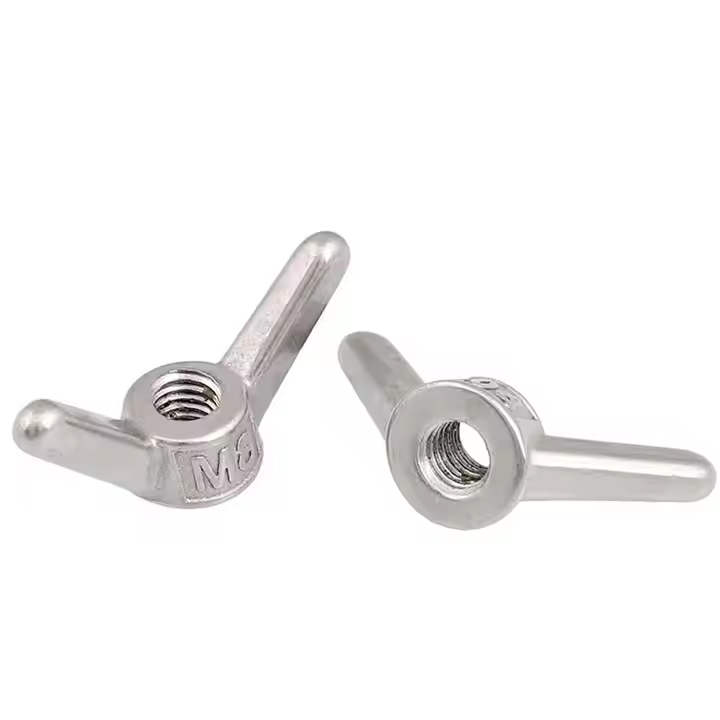
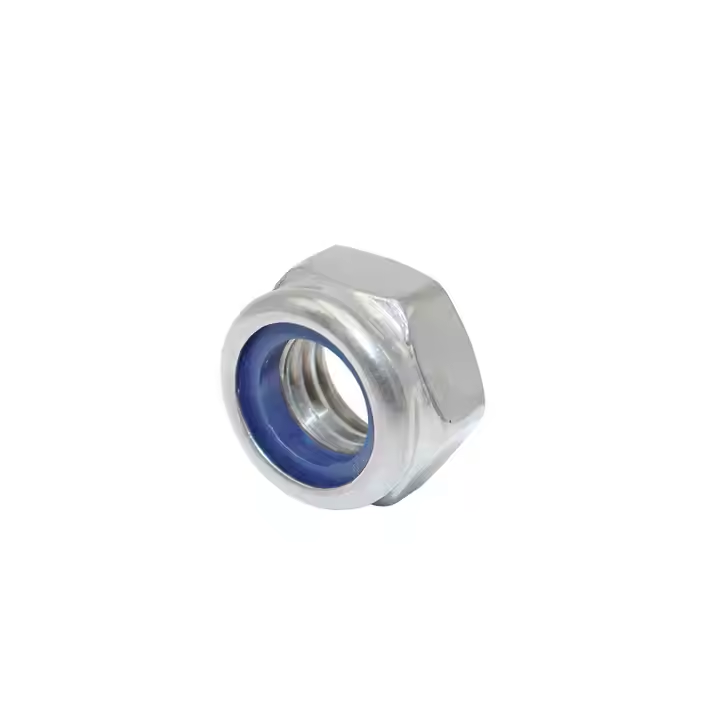
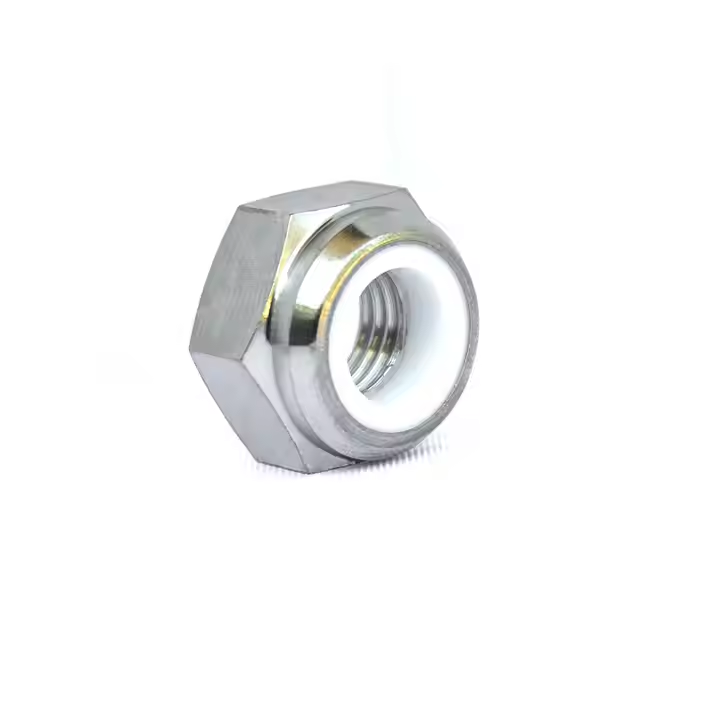
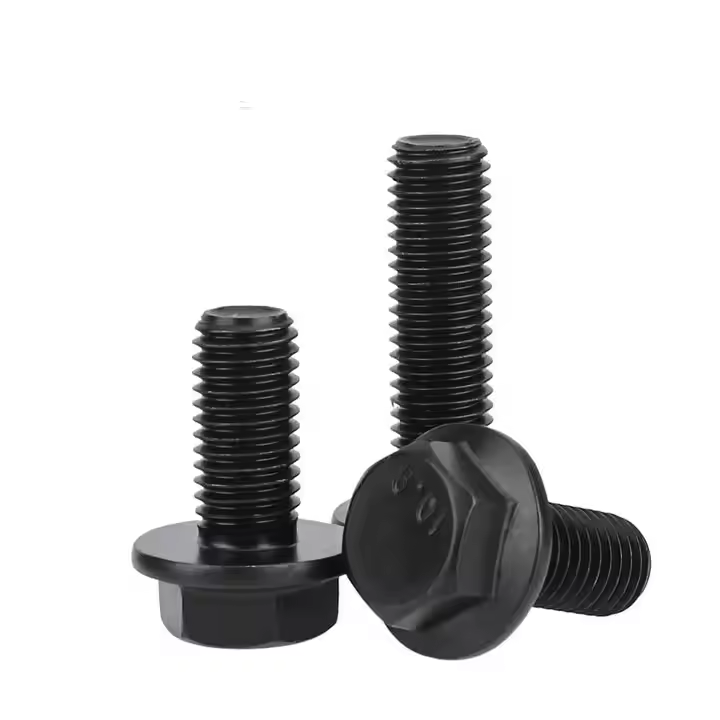
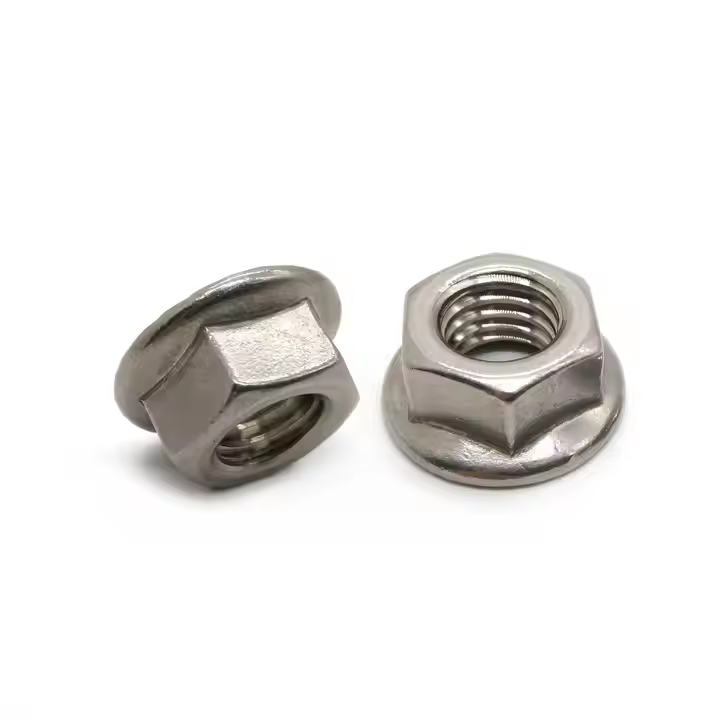

Please enter your email address and we will reply to your email.